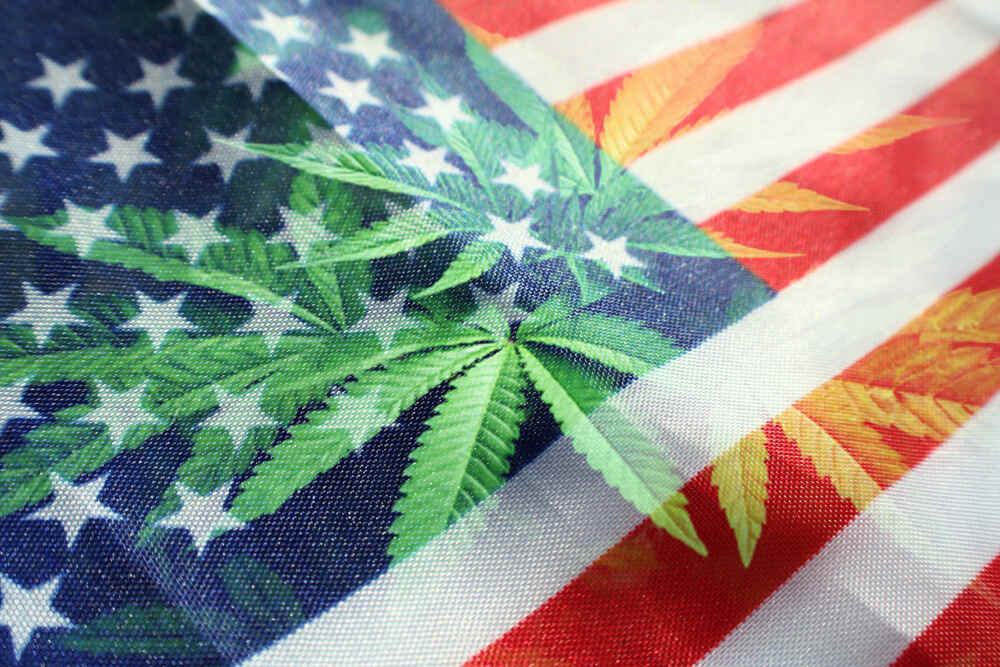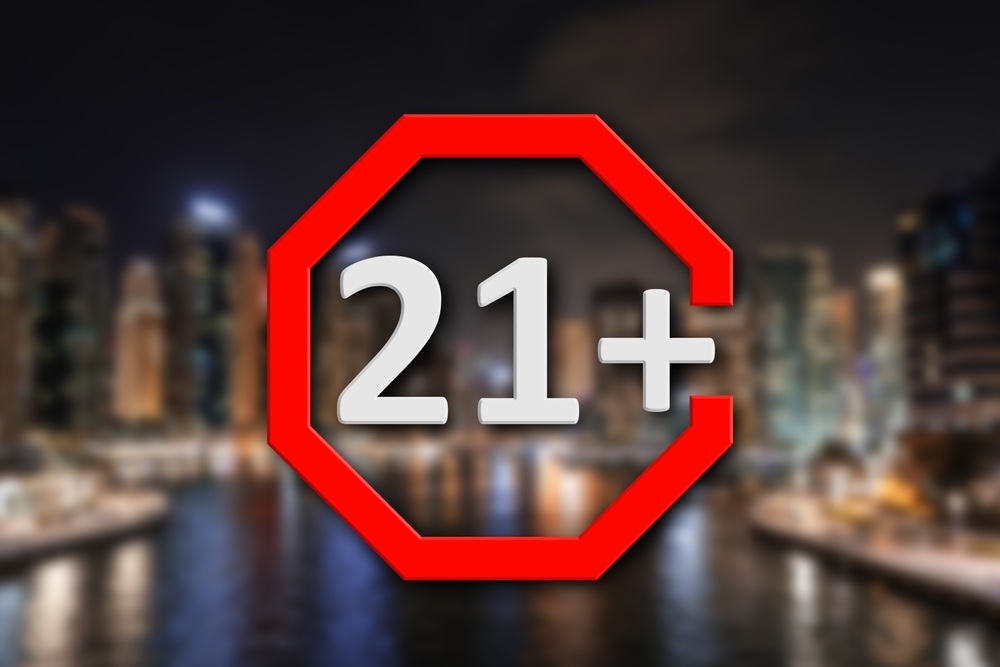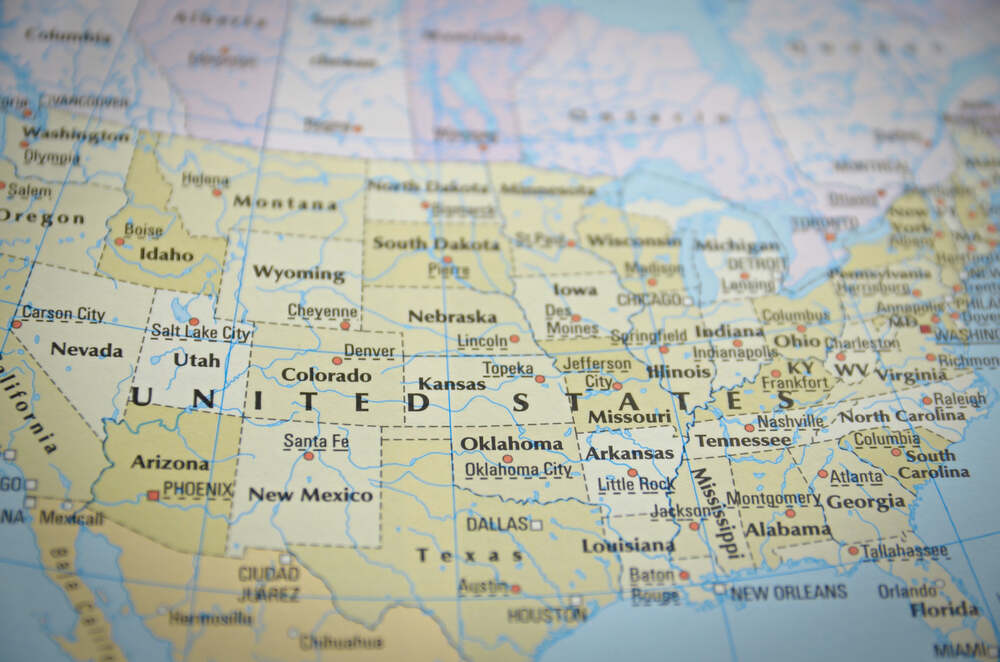The Best Fluffy Pancakes recipe you will fall in love with. Full of tips and tricks to help you make the best pancakes.

How Old Do You Have to Be to Smoke Weed in the US?
Cannabis laws can be confusing, especially since they vary so widely across the US. You’ve probably heard that cannabis is legal in some states for adults, but what exactly does that mean when it comes to age? This article will break down the legal age requirements to smoke weed, how it differs by state, and why these age limits exist. I’ll guide you through all the need-to-knows about cannabis laws so you’re clear on when—and where—it’s legally okay to light up.
Overview of Legal Age for Marijuana Use in the US
Understanding cannabis age restrictions is key, especially with rules changing frequently. Unlike alcohol, cannabis laws are set by individual states, not the federal government. This means that the legal age to smoke weed varies across the country, depending on where you live.
Federal laws on marijuana and age restrictions
Federally, cannabis remains illegal under the Controlled Substances Act. This means that, in the eyes of federal law, there’s no legal age to consume marijuana because it’s not legally allowed at all. However, individual states have pushed back against this by setting their own rules, which is why you’ll see some states allowing recreational cannabis for adults.
How states vary in setting the legal age
The majority of states that have legalized recreational marijuana have set the minimum age at 21, mirroring the age restriction for alcohol. A few states allow medical cannabis for individuals younger than 21, but for recreational use, the age is generally 21. States with legal recreational cannabis have set up age restrictions to control who has access to dispensaries, ensuring only legal adults can make purchases.
Importance of understanding local regulations
If you’re considering using cannabis, it’s essential to know the laws in your state. Even neighboring states might have entirely different rules! Some states are strict, while others have more relaxed policies, so double-checking local regulations can keep you on the right side of the law.

State-by-State Legal Age Requirements for Smoking Weed
Each state handles cannabis differently, especially when it comes to age limits. In states with legal recreational cannabis, you’ll generally need to be 21 or older to buy and consume weed. Here’s a breakdown to give you a sense of what age limits look like across the US.
States where recreational cannabis is legal and age limits
States like California, Colorado, and Oregon have all legalized recreational cannabis with a minimum age of 21. In these states, as long as you’re over 21, you can walk into a licensed dispensary and make a purchase. Other states, like Vermont and Michigan, follow similar guidelines, keeping recreational cannabis accessible for adults over 21.
States allowing medical marijuana for minors and adults
For minors, cannabis is a different story. Some states permit minors with specific medical conditions to use cannabis with parental or guardian approval. In these cases, minors typically need a doctor’s recommendation to access medical cannabis legally. States like California and New York, for instance, allow minors to use medical marijuana under strict regulations, mainly for serious health conditions.
Key differences between recreational and medical use laws
Medical cannabis is often more accessible than recreational marijuana, even for younger patients. This is because medical marijuana is used to treat specific conditions and requires a doctor’s approval. Unlike recreational cannabis, medical marijuana can be used by younger individuals in states that have legalized it for health reasons.

How Age Restrictions Differ Between Medical and Recreational Marijuana
One of the biggest differences you’ll see between recreational and medical marijuana laws is who can access them. Recreational use is typically for adults 21 and older, while medical marijuana might be available to younger patients who need it for treatment.
Medical marijuana age requirements by state
While the age for recreational cannabis is set at 21 in most states, medical marijuana laws are more flexible. Some states permit minors to access medical cannabis with approval from both a doctor and a guardian. However, states vary widely on which medical conditions qualify, so it’s worth checking specific state regulations.
Recreational marijuana age limits
Recreational cannabis laws generally stick to a 21+ rule. States like Nevada, Washington, and Illinois have implemented this age requirement to keep weed out of the hands of minors. Even in states with legal weed, underage possession can lead to fines and other legal consequences.
What happens if underage individuals attempt to purchase marijuana
If a minor is caught trying to buy or use marijuana, there are consequences. These range from fines to mandatory education or intervention programs. While the penalties vary, the goal is often to deter minors from cannabis use, especially in states with recreational legalization.
Why Age Restrictions Exist for Marijuana Consumption
You might be wondering why states bother with age restrictions. Well, it turns out there’s a mix of health, legal, and social reasons behind these rules. Cannabis affects young brains differently, so setting a minimum age is partly about health.
Health implications for young users
Cannabis impacts the developing brain, particularly in younger users. Studies suggest that marijuana can interfere with memory, focus, and overall brain function in those under 25. By setting an age limit, states aim to reduce the risk of these potential health issues among minors.
Legal and social reasons for age restrictions
Cannabis laws don’t just protect health—they also help manage social and legal impacts. Age limits are meant to make cannabis accessible to adults while keeping it out of schools and youth settings. This helps reduce underage access and maintains a clearer boundary on who can legally buy cannabis.
Impact on brain development and behavior
The younger you are, the more vulnerable your brain may be to the effects of THC, the active compound in marijuana. THC impacts parts of the brain responsible for decision-making, impulse control, and emotional regulation. This is one big reason states enforce age limits on recreational cannabis.
Legal Consequences for Underage Cannabis Use
For those who might try to bypass age restrictions, the consequences are real. Penalties vary, but states take underage cannabis use seriously. Let’s look at what happens if a minor gets caught with weed.
Potential penalties for minors caught with cannabis
Penalties for underage cannabis possession can include fines, community service, or mandatory education programs. Some states even have programs designed to help young people who’ve been caught with marijuana, focusing on prevention and education rather than punishment.
State differences in penalties for underage use
States differ widely on penalties, from fines and community service to court appearances and diversion programs. In states with stricter laws, minors could face harsher penalties for possession, so it’s best to understand the specific laws wherever you are.
Programs and support for minors involved in marijuana cases
Some states offer diversion programs that aim to educate young offenders rather than punish them harshly. These programs often focus on the risks of cannabis use at a young age, helping minors understand why the laws are in place and guiding them toward healthier choices.
Tips for Parents on Talking to Teens About Cannabis
Parents play a big role in helping teens understand cannabis. Having open conversations about the risks and legal issues can go a long way in guiding teens toward informed choices.
How to discuss legal risks and health effects
Parents can start by explaining the health risks associated with underage cannabis use and how it affects the brain. Talking about the potential legal consequences is also helpful, especially when addressing why age restrictions exist.
Resources for educating teens on marijuana use
There are plenty of resources, from online articles to government websites, that explain the facts around cannabis and teens. Using reputable sources can give your child a clearer picture of the potential risks and laws involved.
Approaches to address peer pressure and curiosity
Peer pressure is common, especially in high school. Encourage your teen to make informed decisions and be open about their curiosity. Helping them understand cannabis laws and risks can give them the confidence to make healthier choices.
FAQ:
What is the legal age to buy recreational weed in the US?
The legal age is generally 21, though medical marijuana may be accessible to younger patients with specific conditions in some states.
Is medical marijuana legal for minors in certain states?
Yes, some states allow minors with medical conditions to use cannabis, typically requiring parental consent and doctor approval.
What are the penalties for minors caught with marijuana?
Penalties can include fines, community service, or mandatory education, varying by state. Some states focus on prevention through education programs.
Why do some states allow cannabis use at 18, while others set it at 21?
Age limits depend on state-specific laws, often reflecting attitudes on health and social impacts. States set age requirements based on public policy.
How can parents guide their children on understanding marijuana laws?
Parents can openly discuss health effects, legal consequences, and peer pressure, using reliable resources to educate teens on safe choices.
Knowing the age limits around cannabis use helps you stay informed and legally compliant. Whether you’re curious about recreational use or medical access, understanding the legal landscape and the reasons behind these rules is essential. By respecting age restrictions, you can enjoy cannabis safely and responsibly in states where it’s allowed.




